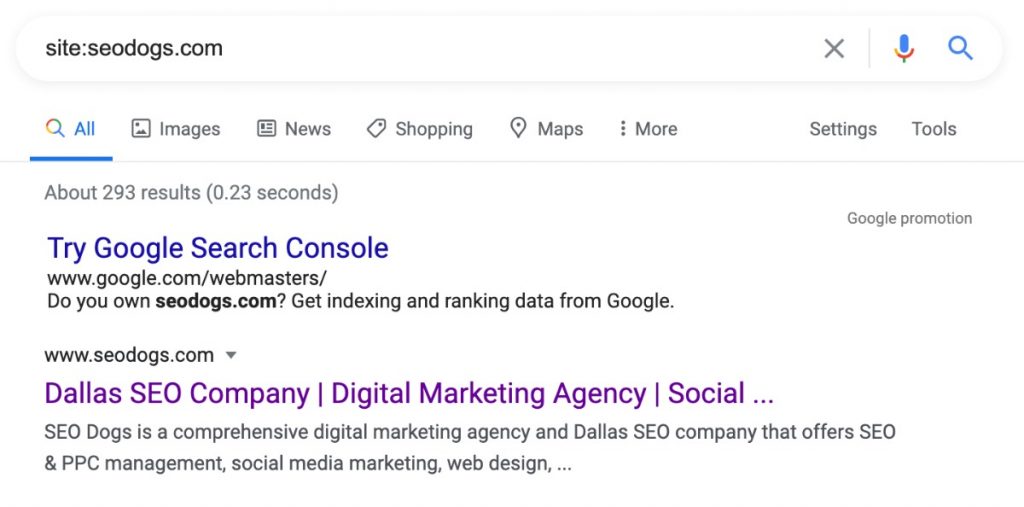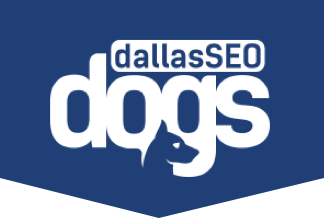Quickest Ways to Get Indexed Faster on Google

Your ultimate search engine optimization (SEO) goal should be to rank as high as possible on Google for important keywords in your industry. Until Google indexes your pages, you’ll never reach that goal.
Although indexing doesn’t immediately enable or change your rankings, it’s the first step in the process. Here is a closer look at the indexing process, why it’s important, and what you can do to guarantee that Google ranks your best pages.
What is Google Indexing?
Google’s web crawler, Googlebot, consistently scours the web for new content and stores every page it finds in its database. So, why is it important for Googlebot to be able to find your web pages?
In short, when a user enters a Google search, Google returns results composed of indexed pages. Google then ranks these pages according to their relevance in a search. So, even if you have the best content in your industry, if your pages aren’t indexed, they aren’t going to show up in Google’s results!
Are You Getting Indexed?
Unless you search for specific pages on Google, it may not be easy to tell if Googlebot has indexed your site’s pages. Fortunately, it is simple to determine if Googlebot indexed your site.
In the Google search bar, enter:
Site:yourwebsite.com.
Search the index history of a site. For example, the index history for seodogs.com returns 288 results. That’s 288 pages that could show up during a user search!
If you want to check for specific pages using this method, use this similar model:
site:yourwebsite.com/the-web-page.
With both of these methods, you can easily find out where your site stands in Google’s database.

How to Get Indexed, Fast
If you checked up on your site and found that some of your essential pages aren’t indexed, it’s time to make your pages rankable! There are several ways to get your relevant content indexed by Googlebot. Here are some of the fastest ways to guarantee that you show up in Google search results.
Include Your Most Important Pages on Your Sitemap
Your sitemap is an essential part of your website. It lets search engines know which pages on your site are most important to you. Although Google crawlers should always be able to find your pages, adding new pages to a sitemap can speed up the indexing process.
Once you’ve created a new page that you want indexed, add it to your sitemap and submit your revised sitemap to Google. This is easy to do with plugins that your digital marketing team is already familiar with.
While this isn’t a guarantee that Google will index your pages (see below!), it does increase your chances of getting important information in the Google database.
Check That Essential Pages Aren’t Disallowed
Even if you’ve added a page to your sitemap, if it’s disallowed, Googlebot will ignore it! If your site’s robots.txt file has the “crawl block” feature in it, web spiders could overlook your entire site.
To find out if you have a crawl block in your path, enter yourwebsite.com/robots.txt in your web browser.
If these codes pop up in your results, then Google is not indexing your site as a whole:
1|User-agent: Googlebot
2|Disallow: /
Or
1|User-agent: *
2|Disallow: /
Your SEO team can quickly help you determine which of your site’s pages are crawl blocked and can also resolve the issue and ensure that crawlers ignore your low-quality pages.
Use Quality Internal Links
Aside from sitemap submission, Google crawlers use site links to make their way through available websites. If your site has pages that already rank well, use the content on these pages to create internal links that lead crawlers to newer or less visited pages on your site.
However, make sure that these links are relevant to your content. Simply cramming internal links into pages that consistently get re-crawled will reduce their quality and damage your authority page’s rankings.
Dump Low-Quality Pages
If you’re new to the SEO landscape, your site’s current low-quality content could decrease the frequency that Googlebot reviews your website. As you build up your pages with fresh, unique, and optimized content, make sure that your low-quality doesn’t continuously damage your efforts.
This can be done with these methods:
- Setting specific pages to NOINDEX
- Deleting non-essential, low-quality pages
- Making these pages disallowed in your site’s robots.txt file
Take The Next Steps Beyond Indexing and Get Ranking With Dallas SEO Dogs
If you’ve found that your site isn’t ranking due to poor indexing, the SEO experts of Dallas SEO Dogs can help. Our digital marketing team has experience with tracking down unindexed pages and making them crawlable and attractive to Google.
Through excellent backend optimization and the development of original and relevant content, we can help your site get indexed, ranked, and meet your digital marketing goals. Contact us today to learn more about our services and schedule a free consultation with a member of our team.
